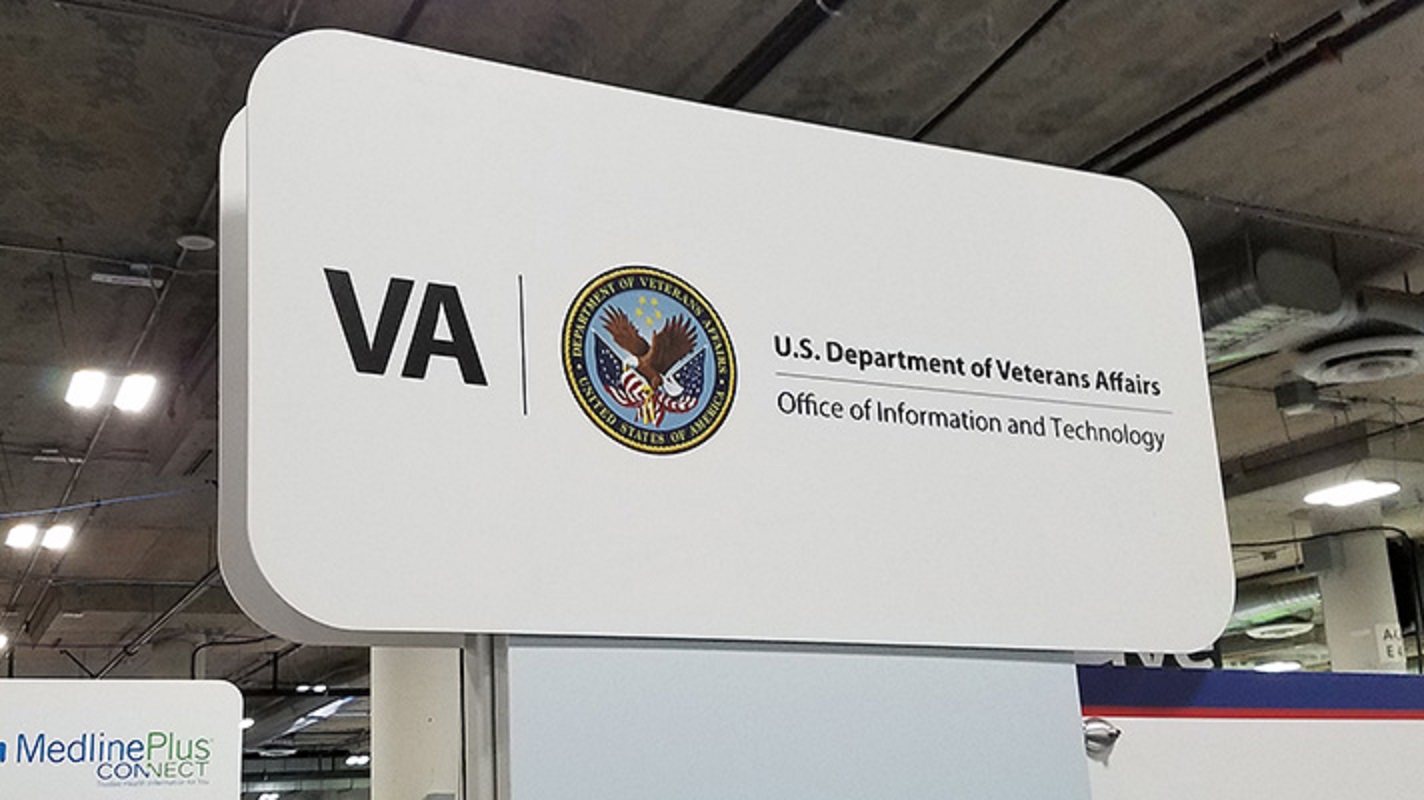
This comprehensive legislative proposal heralds a new era of transparency and accountability in the Department of Veterans Affairs’ Electronic Health Record Modernization (EHRM) initiative. Through strategic funding allocations and stringent reporting requirements, lawmakers aim to bolster oversight and ensure the seamless implementation of the Oracle Health EHR system. By addressing concerns raised by the VA Office of Inspector General and emphasizing the paramount importance of veterans’ safety, this bipartisan effort underscores a steadfast commitment to advancing healthcare services for our nation’s heroes.
Amidst the ongoing modernization efforts within the Department of Veterans Affairs, a groundbreaking bipartisan budget bill has emerged, promising transformative change and heightened transparency in the Electronic Health Record Modernization (EHRM) project. With a steadfast commitment to accountability and responsible stewardship of taxpayer funds, lawmakers seek to address lingering concerns and optimize the implementation of the Oracle Health EHR system. Through rigorous reporting mandates and strategic funding contingencies, this legislative endeavor aims to fortify oversight mechanisms and ensure the seamless delivery of healthcare services to our deserving veterans.
However, the bill introduces a significant caveat: a quarter of the funding earmarked for the EHRM is contingent upon the VA’s commitment to heightened transparency regarding the project’s progress and performance. This stipulation underscores the legislators’ determination to ensure accountability and responsible management of taxpayer dollars.
The proposed fiscal year 2024 Military Construction, Veterans Affairs, and Related Agencies Appropriations Act, part of a comprehensive set of bills presented by House and Senate appropriators, is strategically crafted to avert a potential government shutdown looming on March 8. Within this legislative framework, specific directives are outlined to address key concerns surrounding the EHRM project.
Notably, the budget bill mandates Denis McDonough, the VA Secretary, to furnish pertinent congressional committees with a comprehensive report detailing the status of “measurable operational metrics” utilized by the agency to gauge the readiness for resuming EHR implementations. This requirement aims to foster greater accountability and transparency in the decision-making process regarding the project’s advancement.
Moreover, McDonough is tasked with providing written confirmation regarding the stability, readiness, and optimization of the EHR system for further deployment across VA facilities. In the event of any deficiencies, the bill necessitates an estimation of the timeline required to rectify these issues, ensuring timely remediation measures are undertaken.
As part of the funding proposal, the VA is obligated to submit a detailed report to the House and Senate Appropriations committees, encompassing an earned value analysis of the veterans’ electronic health record system. This comprehensive analysis includes various performance metrics such as graphic performance reports, schedule and cost performance indexes, completion estimates, budget projections, and variance analyses. These reporting requirements are designed to provide lawmakers with crucial insights into the project’s financial and operational dynamics.
Furthermore, the bill introduces additional reporting mandates concerning the temporary pause in EHR implementations, supplementing the agency’s existing quarterly briefings to lawmakers on the EHRM. These supplemental reports will offer detailed accounts of the VA’s obligations, expenditures, and deployment schedules across various facilities, enhancing transparency and accountability in project management.
The unveiling of the budget package follows heightened scrutiny from the VA Office of Inspector General (OIG), which raised concerns about potential risks to veterans’ medication safety stemming from issues with the Oracle Health EHR. David Case, the Deputy Inspector General, highlighted the discrepancy in medication data for veterans transitioning between facilities utilizing the new EHR and those employing legacy systems. This revelation underscores the critical importance of addressing system deficiencies to safeguard the well-being of our nation’s veterans.
Since September 2023, VA providers have processed medication orders and documented allergies for approximately 250,000 veterans within the new EHR system, emphasizing the urgent need for comprehensive oversight and quality assurance measures to mitigate potential risks.
In forging ahead with this ambitious legislative proposal, policymakers have demonstrated an unwavering dedication to empowering veterans and enhancing the efficiency of healthcare delivery through transparent and accountable governance. By leveraging the power of strategic funding allocations and robust reporting requirements, the Department of Veterans Affairs is poised to navigate the complexities of EHR modernization while safeguarding the well-being of our nation’s heroes. As we embark on this transformative journey, let us reaffirm our collective commitment to honoring the sacrifices of our veterans and ensuring they receive the exceptional care and support they rightfully deserve.
